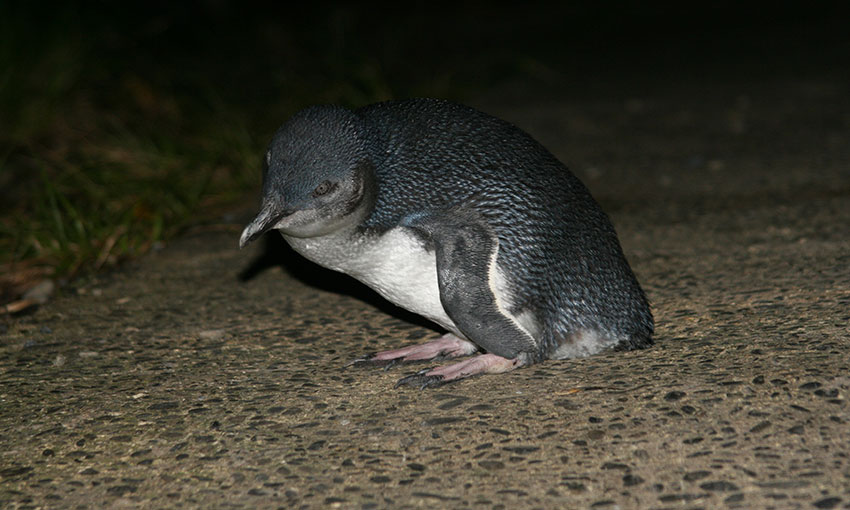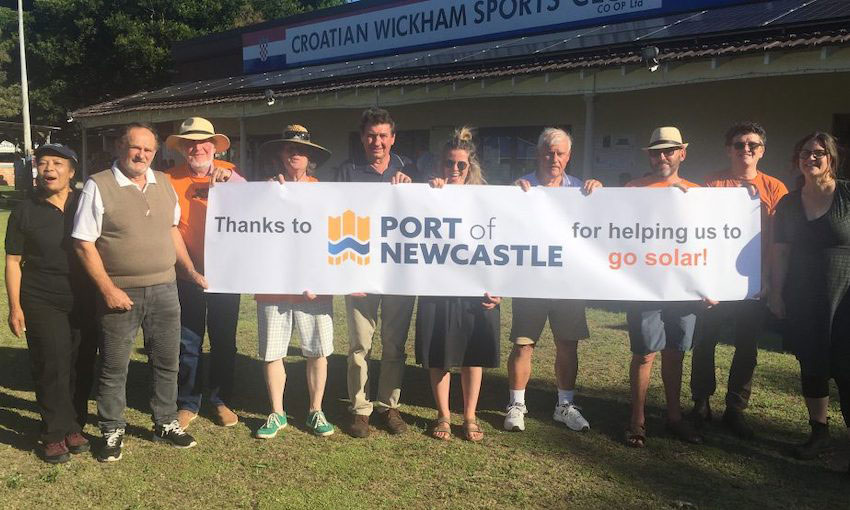EASTLAND Port established a penguin conservation management plan covering a seawall and the immediate surroundings at a nearby beach.
The port engaged local ecologist Steve Sawyer to develop the plan after several kororā, or little penguins (Eudyptula minor) were discovered during the rebuild of a seawall last year.
Local iwi and hapū, Whaia Titirangi, the Department of Conservation, Gisborne District Council and Eastland Port have reviewed the plan, which includes actions to enhance the seawall habitat and protect the kororā.
A penguin exclusion fence will be installed to prevent kororā from entering the southern log yard and interacting with port operations.
The fence will also act as a barrier for ferrets, which are known predators of kororā.
Several protected breeding/nesting burrows will be installed on the seawall which will be surrounded by low growing coastal plants and provide additional shade and shelter to prevent visiting kororā from over-heating in the summer months.
Accessibility at the bottom of the rock wall is to be improved to ensure penguins are able to get up the seawall around boulders easily and find the nesting boxes and burrows.
Mr Sawyer said in his experience that kororā mortalities in Tairāwhiti have largely been attributed to both domestic dogs and ferrets. This pattern is recorded at other sites around New Zealand also.
The nesting area on the seawall is now largely protected from dogs behind a security fence. Signage will also be erected to raise awareness about kororā and encourage dog owners to keep their dog on a lead around the seawall area.
The plan recognised that annual population monitoring of kororā would be vital in evaluating the success of the conservation efforts.
Eastland Port Infrastructure Manager Marty Bayley said: “Through Steve Sawyer’s experience with successfully establishing a kororā colony locally, informed advice and input from local iwi and hapū, Department of Conservation, and various stakeholders, we have come up with a comprehensive penguin management plan to protect this special taonga.
“This is a long-term commitment and our shared goal is to implement a protected coastal habitat which will support visiting and breeding kororā now and into the future.





